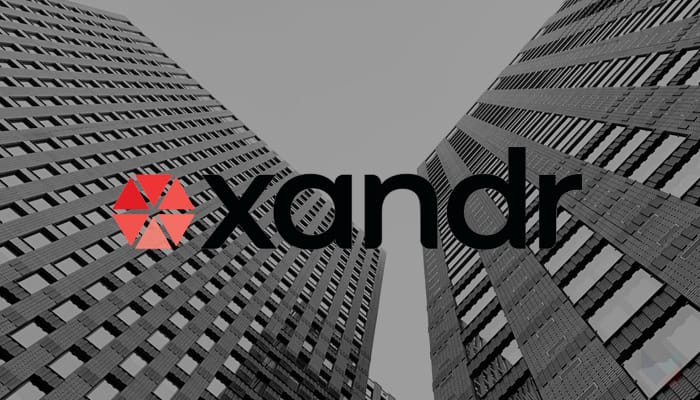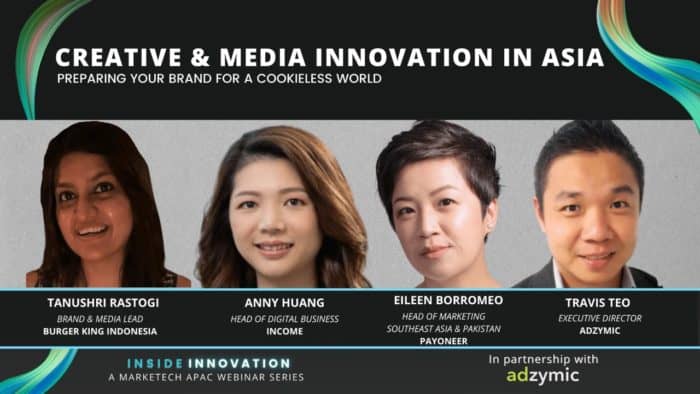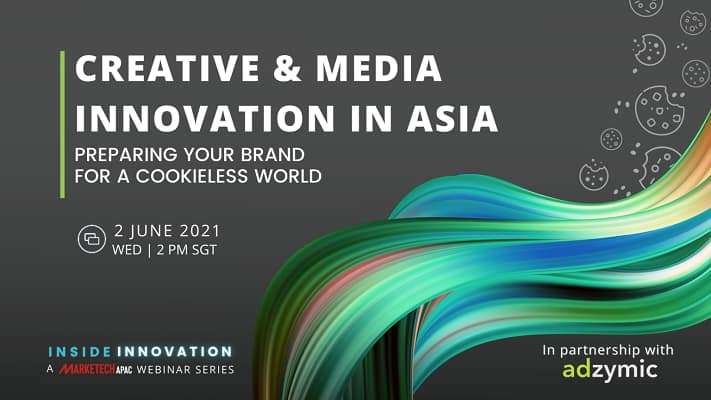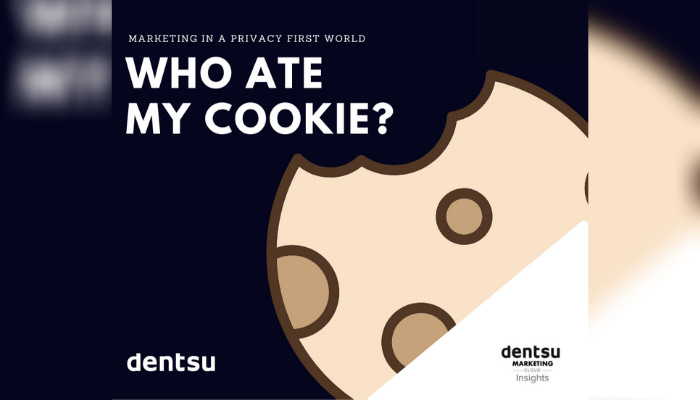Australia – Martech landscape is getting complex, and the demise of the cookie is causing more confusion for marketers than ever before, and with this, Cheetah Digital, the cross-channel customer engagement solution provider for the modern marketer, has launched a new campaign, aimed at approaching conversations around the post-cookie world.
Ahead of the company’s flagship Signals21 event, Cheetah Digital engaged Wayne Knight, best known for his role as the snoopy ‘Newman’ from Seinfeld to play the hilarious, snoopy ‘Dennis’ whose hand gets ‘caught in the cookie jar.’ In the in-house created campaign, Knight appears in a series of YouTube clips as ‘Dennis’ being sneaky and snooping on customers, as well as the human embodiment of cookies.
The new campaign follows on from a 2020 campaign Cheetah Digital ran for their Signals event, where the martech company partnered with rockstar Tommy Lee from Mötley Crüe and his wife Brittany Furlan-Lee. The husband and wife duo emceed the event and were also featured in a series of comedic promotional videos in the lead-up to the event.
Tim Glomb, Cheetah Digital’s vice president of content and data, shared that the campaign creatively “humanises the technical process behind the scenes of cookie tracking.”
Billy Loizou, Cheetah Digital’s vice president of go-to-market for APAC, noted the importance of being ahead of the curve when it comes to making martech accessible and relatable is critical in today’s complex and content saturated B2B environment.
“That’s why ahead of Signals, Cheetah Digital decided to go a more ‘Super Bowl Sunday’ route and have a bit of fun with our messaging. It’s great to be able to do something different and ‘think outside the cookie jar’ to enliven conversations and debate around the future of marketing beyond the cookie,” said Loizou.
Cheetah Digital created the campaign after it ran a survey polling over 5,000 global respondents that found 70% of consumers don’t trust social media with their data due to privacy issues, with 37% deleting cookies from their web browser.








